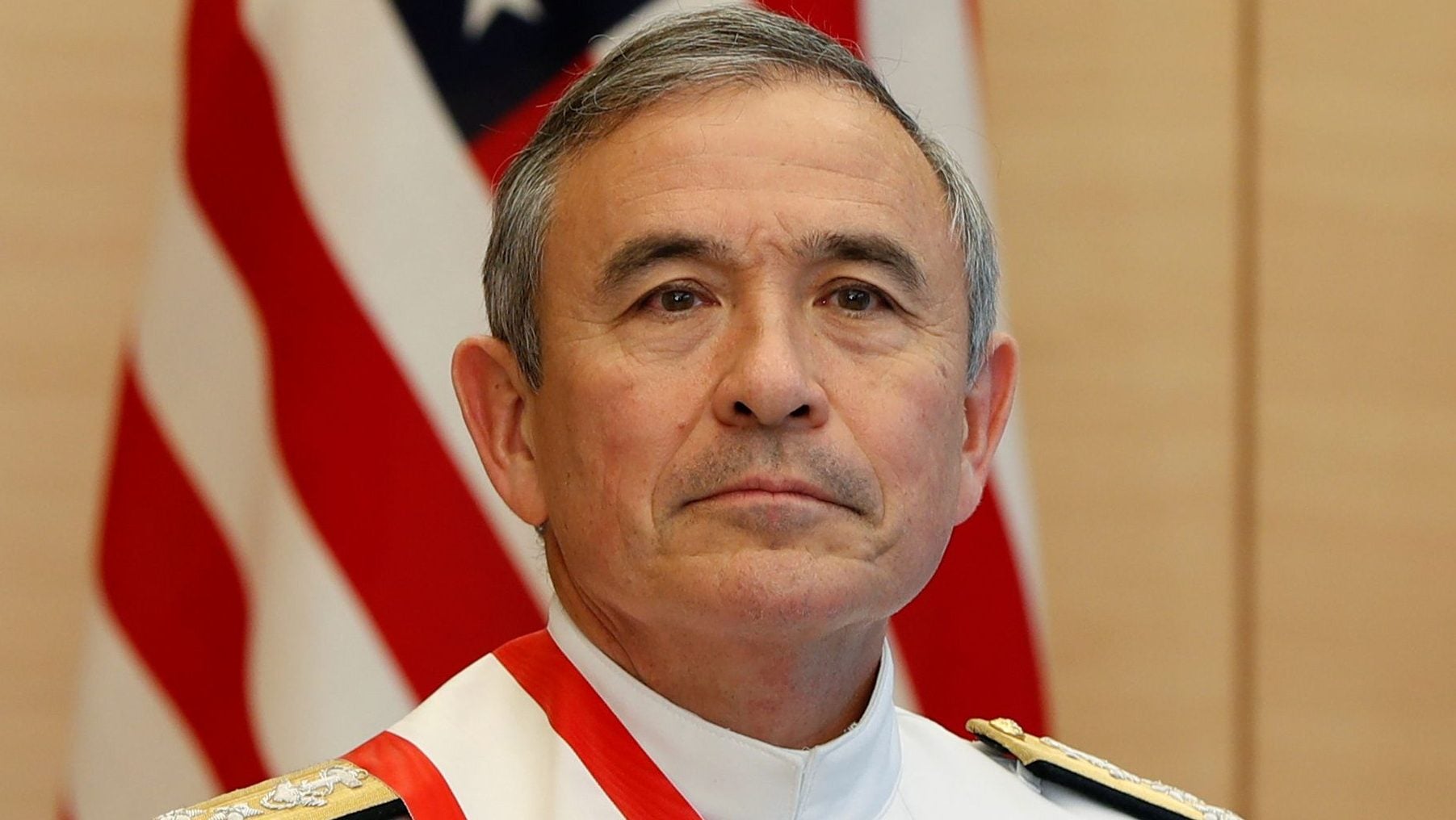The US’s new South Korea ambassador wants Kim Jong Un “to come to his senses and not his knees”
The US finally has an ambassador for South Korea.


The US finally has an ambassador for South Korea.
The US Senate confirmed retired navy admiral Harry B. Harris Jr. by voice vote late Thursday (June 28). Harris was earlier slated to be ambassador to Australia (paywall), but on the eve of Mike Pompeo’s confirmation as secretary of state, at the latter’s urging, Harris was tipped to be the ambassador to South Korea instead. Trump nominated him in mid-May, shortly before the 61-year-old retired as commander of the US Pacific Command at the end of that month.
Commander of the US military in the Asia-Pacific region since May 2015, he’s been outspoken about the threat (paywall) from China’s island-building in the South China Sea. As Harris retired, the command was renamed the US Indo-Pacific Command, a nod to the US’s evolving alliances in the region in response to China’s growing naval power. Harris, in the last speech of his tenure, focused on what he has often described as the four big threats in the region: North Korea, China, jihadist extremism, and Russia. “I’ve reiterated these things over and over again, and I see no reason to change today, on what will be my last speech in uniform,” he said.
Harris’s career has always been about US military readiness. Last year, in reference to North Korea, he said US forces “must be prepared to fight tonight.” But this month, at his confirmation hearings, he said he was in favor of Trump’s decision to suspend joint military exercises with South Korea—the most dramatic development to come out of the June 12 summit between Trump and North Korean leader Kim Jong Un as the two countries talk about how to defuse North Korea’s nuclear program. Pyongyang had long complained about the exercises, which Trump described as “provocative” in a press conference after the summit. A week later, the US and South Korea announced that upcoming war games scheduled for August were off.
“I believe we should give exercises, major exercises, a pause to see if Kim Jong Un is in fact serious about his part of the negotiations,” Harris said during his confirmation hearing this month. “I’ve spoken in the past about the need to bring Kim Jong Un to his senses and not to his knees.”
Secretary of state Pompeo is set to return to North Korea next week, to resume denuclearization negotiations with Pyongyang.
It’s unclear where the talks will lead, but the fact they’re taking place is a huge relief compared with last year, which saw tensions between the US and North Korea sharply rise in the wake of frequent missile tests—and a major nuclear one—by Pyongyang. At one point the US administration was apparently considering a “bloody nose” strike on North Korea, leading to a parting of ways with Victor Cha, who had been under consideration (paywall) for the South Korea ambassador post. Relations improved this year, spearheaded by South Korean president Moon Jae-in’s Winter Olympics diplomacy.